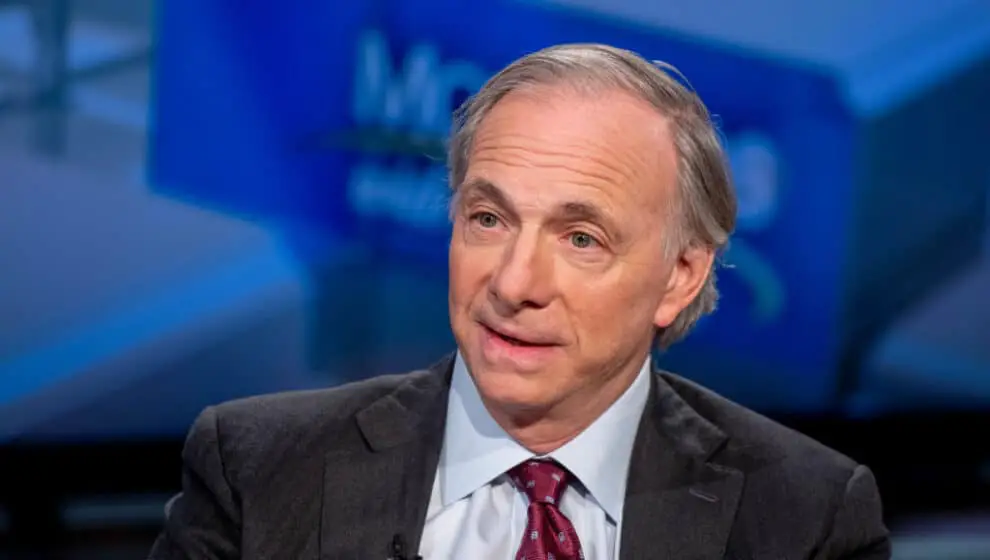U.S. lawmakers may have staved off disaster by passing a debt ceiling bill, but billionaire investor Ray Dalio says that will not be enough.
Key Details
- The recently passed Fiscal Responsibility Act is not enough to address U.S. debt, according to the Bridgewater Associates founder.
- In a recent tweet, Dalio shared that he was not exactly impressed with the deal, saying it was “the best one could expect, though not good enough.”
- He went on to say that though the deal addresses the current issue of avoiding a default, it does not solve the larger problem of constant borrowing.
- Overall, he gave the deal a “D” letter grade.
Why it’s news
A contentious debt-ceiling debate meant lawmakers pushed the final decision until the last minute. While there are critics and supporters on both sides of the deal, Dalio’s perspective points out that neither side may have won in the long run.
This bill appears as a victory for Speaker of the House Kevin McCarthy, who held out for spending cuts Republicans demanded despite the White House’s insistence that it would not negotiate. Though Republicans had pushed for significant spending cuts, the reality of the agreement is less aggressive than some had wanted.
The White House touts the bill as a victory for President Joe Biden as it shows his ability to negotiate complex deals and work with the other side of the aisle. However, Dalio suggests that because the agreement does not address the U.S. growing debt problem, it is a poor deal overall.
When giving his “grade” on the debt ceiling bill, Dalio said that in the category of “Dealing with the problem of adding too much to a pile of debt that is already too large,” it received a “Grade D.” He added that the bill “won’t make much difference.”
While Dalio may not think the bill is the best solution, he says, “It was as I expected.” The legislation may not solve the debt problem, but it does address the current, pressing issue of avoiding a government default. If no agreement had been reached, government programs like social security and Medicare could have temporarily lost funding.
Since the debt ceiling debate began in January, Dalio has been critiquing the government’s handling of its debt.
“We all know that there is no real debt limit because what is called a debt limit never actually limits the debt,” he said earlier this year. “It’s a farce that works like a bunch of alcoholics who write laws to enforce drinking limits. When a limit is reached, they do a farcical negotiation that temporarily eliminates the limit which allows them to have the next drinking binge until they reach the next limit at which time they go through the next farcical negotiation and continue to binge.”
